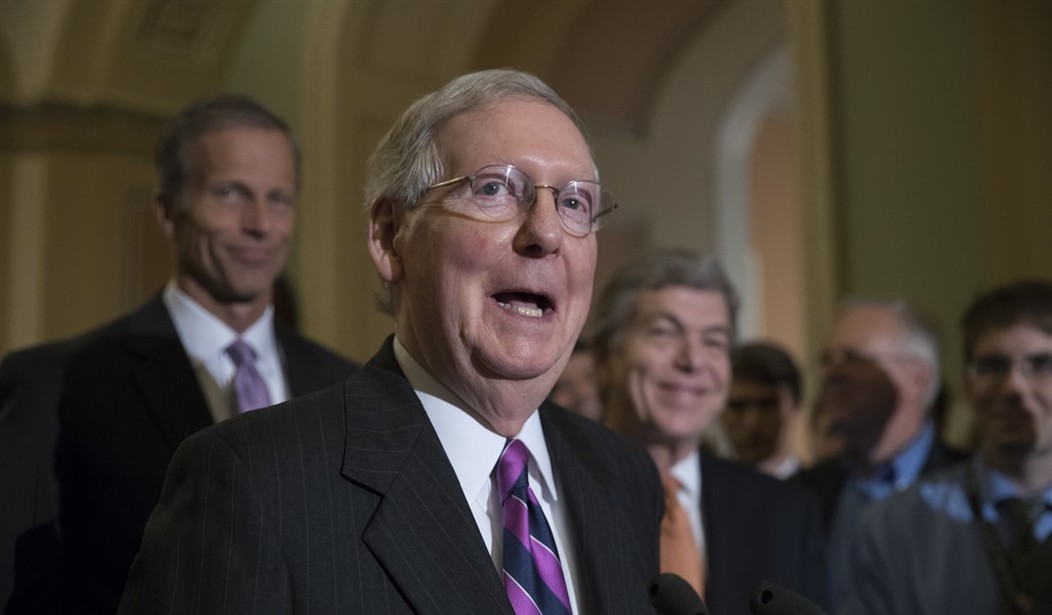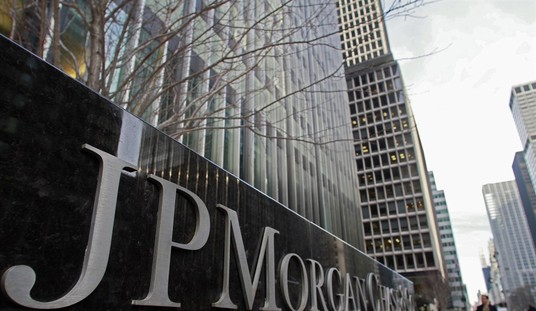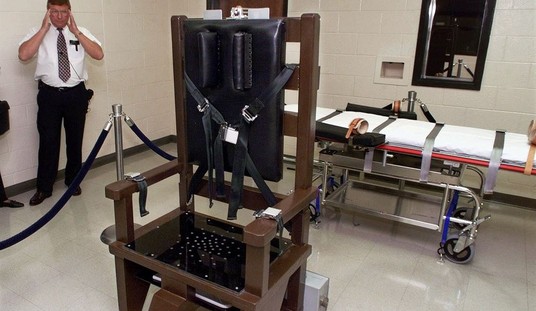After all of the GOP’s legislative successes this year, this is the thanks he gets?
The man’s as popular in his home state as gonorrhea — if you trust PPP’s polling to be accurate, that is. Remember, they also had Jeff Flake polling in VD range in his own home state of Arizona. It’s unusual for an incumbent from a state dominated by his party to tank quite that badly absent a major scandal. But then, it’s also unusual for a party to tank quite as badly as the GOP has this year.

Trump’s approval, by contrast, is 60/36. Rand Paul is also underwater overall at 39/47 but he’s 20 points better than McConnell and enjoys majority support among Trump voters, at least, at 51/34. That struck me as curious. Paul, after all, was one of the biggest pains in the ass for Trump throughout the health-care repeal process, forever complaining that the bill du jour wasn’t quite conservative enough for his tastes. In the end he did bite the bullet and vote for the “skinny repeal” bill that was sunk last month by McCain — but so did McConnell. In fact, PPP specifically reminded people in its poll that McConnell and Paul each voted for the repeal bill and asked them how that fact would affect their willingness to vote for each next time. Result:


Trump fans said they were more likely rather than less likely to support Paul after his yes vote by a two to one margin. They said they were less likely on balance to support McConnell, though — even though he voted the same way. In fact, when Paul is matched up with a generic Democratic challenger in a hypothetical Senate reelection race, he wins 50/38. McConnell? He loses 44/37, with just 54 percent of Trump voters saying they’d back him over a Democrat.
Two key differences between him and Paul. One, obviously, is that McConnell’s the majority leader and therefore serves as a lightning rod for general Republican discontent. Two is that Paul’s been wily in avoiding direct confrontations with Trump despite undermining him on health care for months. He was careful to compliment him and to hold out the possibility of compromise as the process played out, giving Trump an incentive to not attack him. McConnell couldn’t manage that by dint of his leadership role. Trump needed someone to blame for the failure of repeal-and-replace in the Senate and it sure as hell wasn’t going to be anyone on his own team, so he started unloading on McConnell for not having gotten rid of the legislative filibuster. McConnell also made the mistake of jabbing at Trump publicly over his “excessive expectations.” Now he’s getting it on all sides — Democrats hate him for the substance of the bill, Republicans hate him for failing to find the votes to pass it, Trumpers hate him because Trump hates him. (Republicans weren’t crazy about the bill either. it should be noted, splitting just 40/25 in favor.) Eighteen percent approval seems unlikely but, under the circumstances, not impossible.
One more table for you:

That’s the split on how Kentuckians would react if Trump canceled ObamaCare’s cost-sharing subsidies, as he’s been threatening to do. (Understandably: They’ve been deemed unconstitutional by a federal court.) That decision wouldn’t play well in this red state, but be mindful of bias in the phrasing of the question in this case: “President Trump is threatening to unilaterally withhold federal health care insurance funding that lowers deductibles, co-pays, and out-of-pocket maximums for lower- and moderate income Americans. If Trump did this, the cost of health insurance would increase. Do you approve or disapprove of President Trump withholding this federal health care insurance funding?” There’s nothing in there about the unconstitutionality of the subsidies and the emphasis on cost consequences seems designed to elicit the most negative possible response. (PPP is a left-leaning pollster.) Consider it evidence, though, that Democratic messaging could do damage to the GOP if Trump ends up canceling the payments. Even in Kentucky.








Join the conversation as a VIP Member